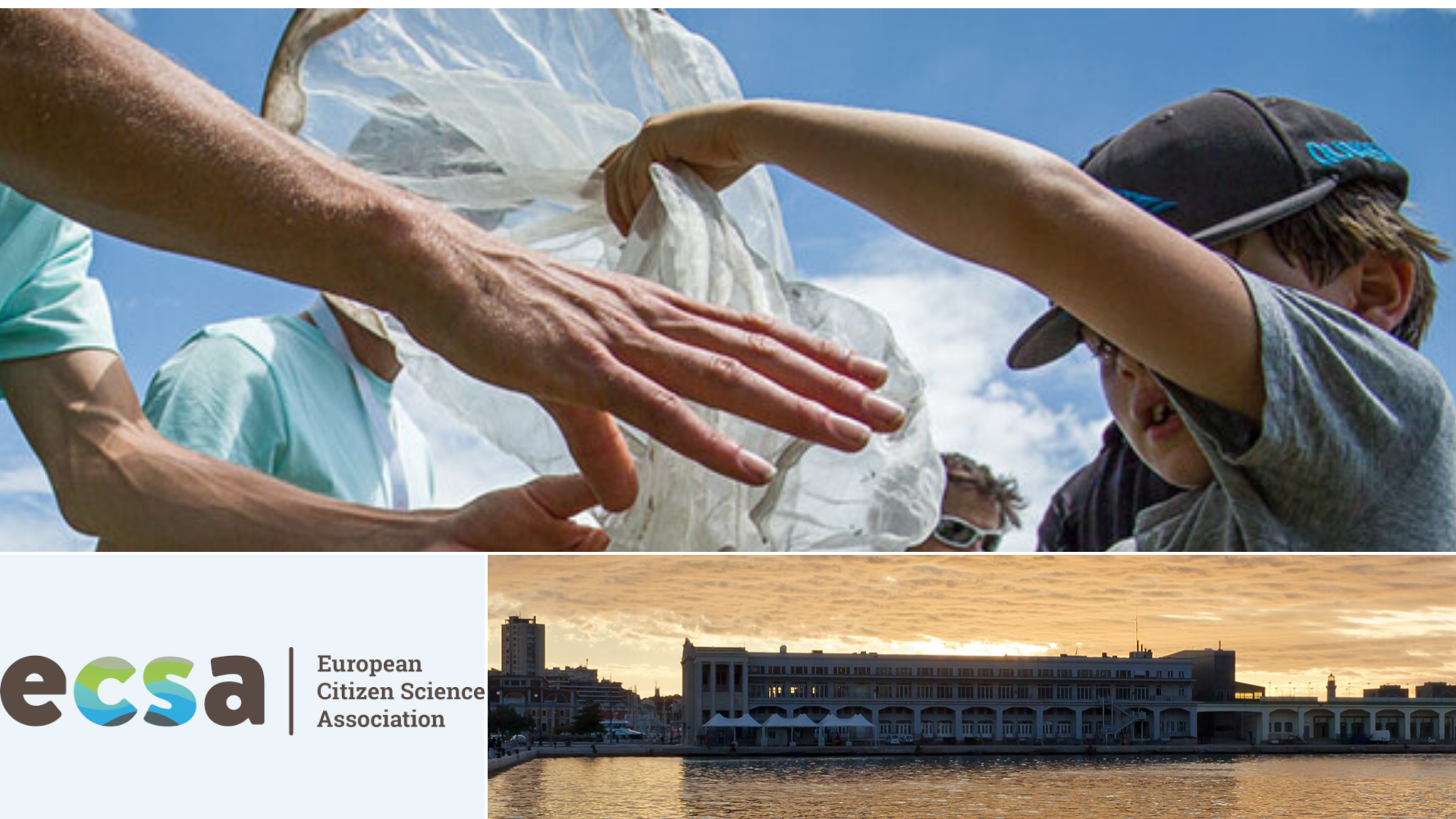

ECSA Conference 2020
6 September 2020 - 11 September 2020
The ECSA 2020 conference – Encounters in citizen science was held exclusively online (6-11 September), and only registered participants could have access to the conference sessions. The program is available here.
Stemming from the project activities, WeObserve partners organised the following session contributions in the context of the program:
- Citizen science and the SDGs II: https://vimeo.com/451829764/bfd6d8a3ab
The contribution of citizen science to the monitoring of the UN Sustainable Development Goals
Presenters: Dilek Fraisl, Linda See
Summary: The UN Sustainable Development Goals (SDGs) are a call to action to tackle the world’s greatest challenges. The key question is how to achieve the SDGs when there are large data gaps or the data are not comprehensive enough to make timely decisions to enhance people’s wellbeing. This session will demonstrate the value of citizen science for the SDGs including examples of how citizen science currently contributes to SDG monitoring as well as where it has the potential to contribute. Recommendations for how citizen science data can be integrated into the official statistics used for SDG reporting will be provided.
- Networks and communities of practice: https://vimeo.com/451830806/50fd13737c
Practice what we preach: co-creating value with participants in communities of practice on citizen science
Presenters: Uta Wehn, Dilek Fraisl, Joan Maso
Onto new horizons: learnings from the WeObserve project to strengthen awareness, acceptability and sustainability of citizen observatories in Europe
Presenters: Gerid Hager
Summary: WeObserve delivers the first European-wide Citizen Observatory (CO) knowledge platform to share and highlight best practices and to identify and address challenges to inform practitioners, policy makers and funders of (future) COs. This presentation aims to discuss key insights and recommendations acquired from the WeObserve project, to inform the Horizon Europe research and innovation programme (under Pillar II: Global Challengesand European Industrial Competitiveness and activities for “Widening participation and strengthening the European Research Area”), as well as other funding programmes and CO practitioners more generally.
Presentation slides available at: https://zenodo.org/record/4017257#.X1iYNmczZTZ
- Global perspectives on Citizen Science and Open Science (Side Event)
Citizen Science (CS) and Open Science (OS) are emerging global movements that are becoming more
significant and layered in regard to key themes, dynamics, and shared characteristics. Now, there is an important opportunity for clarifying key synergies and opportunities for alignment moving forward.
The United Nations Educational, Scientific and Cultural Organisation (UNESCO) is developing a global Recommendation on Open Science to be released in 2021. As a legally binding instrument that applies to all UN Member states, the Recommendation seeks to help shape the future of open science from a global public policy perspective. In May 2020, UNESCO invited citizen science practitioners to collaborate in the process of developing their Recommendation. To ensure ongoing input and information exchange from global citizen science communities a Community of Practice (CoP) of the Citizen Science Global Partnership (CSGP) was formed, with the particular intention of drawing on knowledge from the broadest citizen science base to support and inform a broad and holistic open science agenda.
This session offered the background to this initiative from UNESCO and described the first steps of the CoP. In addition, lightning talks from different practitioners working at the nexus of citizen science and open science were featured. The session concluded with a roundtable discussion to collaboratively identify key considerations and next steps for the common future of CS and OS agendas.
